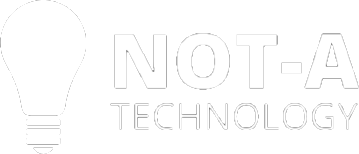What is a Smart Contract ?
A smart contract is extremely almost like a traditional contract except that it's completely digital – it’s a bit of code stored on the blockchain. Because it’s completely digital, a sensible contract doesn’t believe a 3rd party - it removes the need to trust a 3rd party. Traditional contracts always rely on a third party.
For example, if I am going to rent a property from you, the estate agent will draw up a contract that we will both sign. I will then pay my deposit and my rent to the estate agent who will then pay it on to you before you give her the keys, which she then passes on to me. We are both trusting the realtor (who is that the third party during this instance) to offer the cash and therefore the keys to the proper people. A smart contract removes the necessity for the third party. It is a secure online system for digitally verifying, enforcing or facilitating an agreement.
Connection of Smart Contract with Blockchain and above Example
A smart contract is usually a piece of decentralized code that sends money when a certain input is received and records all information securely on the blockchain. So in our rental example, the smart contract could be programmed to carry my rental payment until I even have confirmed you've got given me the keys. Once I even have as long as confirmation, the cash is automatically sent to you.
Also Read - MacBook Air Vs. MacBook Pro and the new Apple M1 Chip | Pros and Cons
Smart Contract and Technology
Smart contracts force people to be honest. I recently read a talk by Henning Diedrich who said “Smart contracts are to legal, banking and governance what the internet was to the music and film industries.” So he clearly thinks they’re pretty revolutionary– and I have to say I agree. In the next section, I’m going to cover the four major features of a smart contract, followed by some of the challenges when it comes to using smart contracts in the real world.
• We don’t know yet the way to make smart contracts legally binding, especially since lawyers tend to keep faraway from programming and smart contracts are recorded on nodes (or Personal computers) across many jurisdictions, which makes them a bit tricky from a legal POV.
Also Read - MacBook Air Vs. MacBook Pro and the new Apple M1 Chip | Pros and Cons
• And many people criticize smart contracts because they are so obstinate– the law is actually very flexible – judges set model and reverse contracts all the time – this cannot be done with smart contracts.
For the latest tech, tips & tricks, top-notch gadget follow Not a technology’s Instagram, Facebook, Twitter and Pinterest.




إرسال تعليق